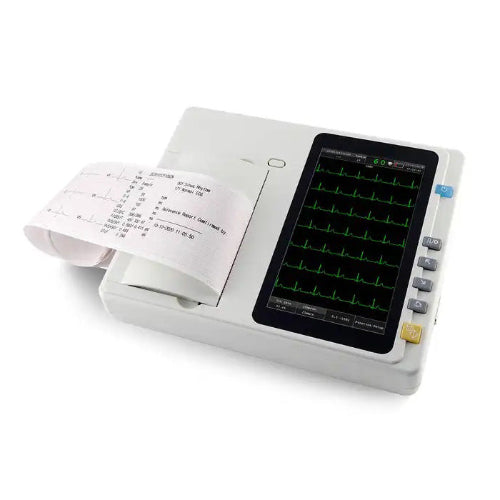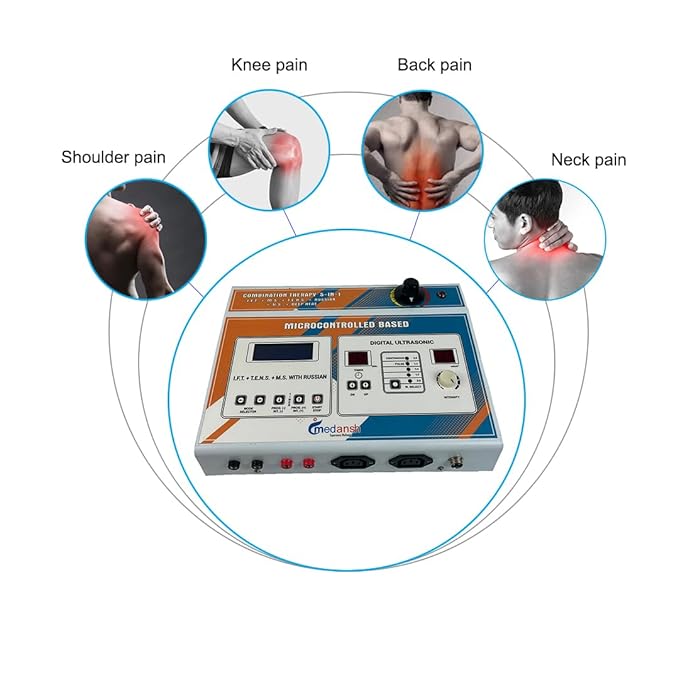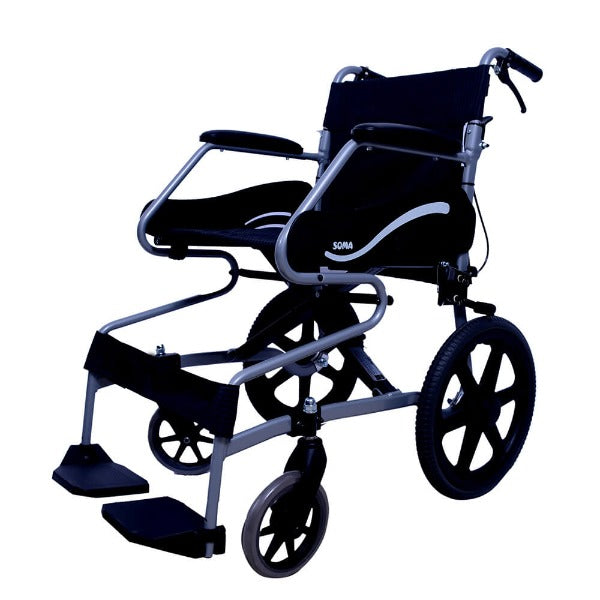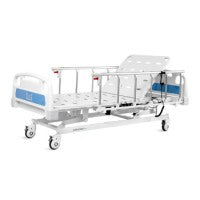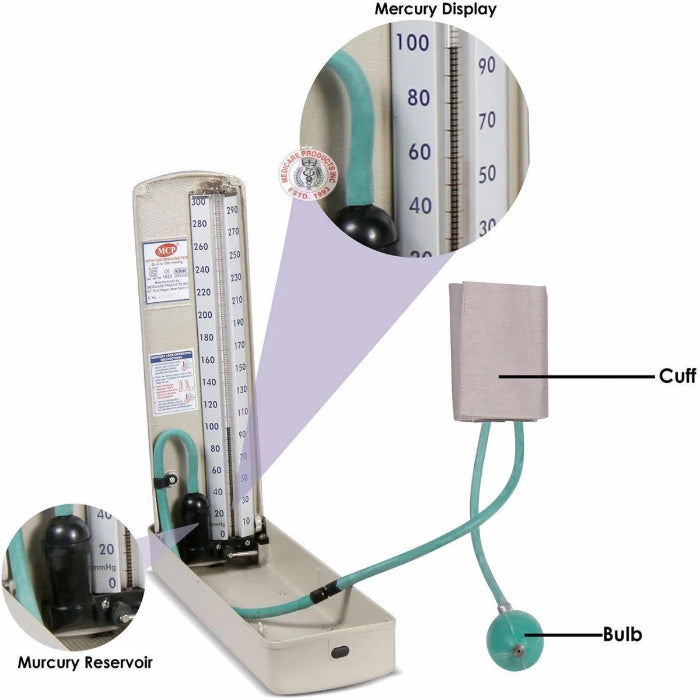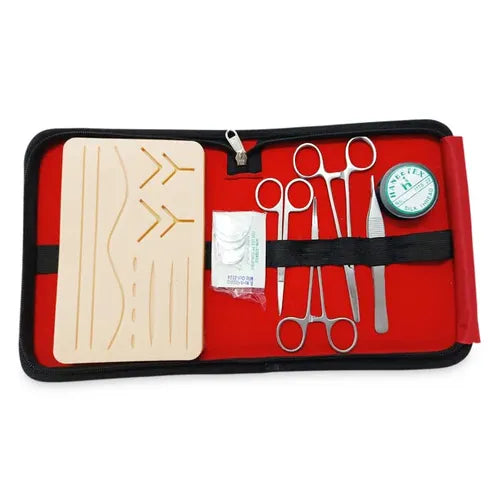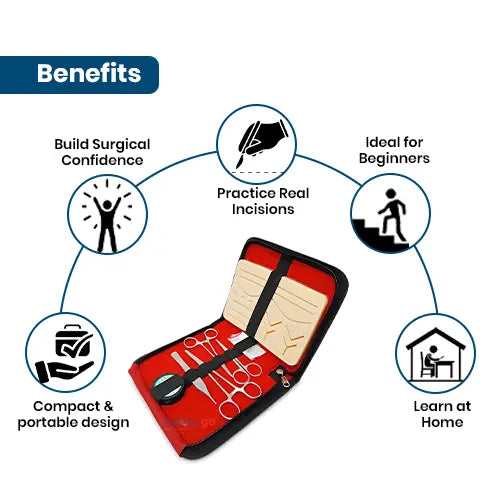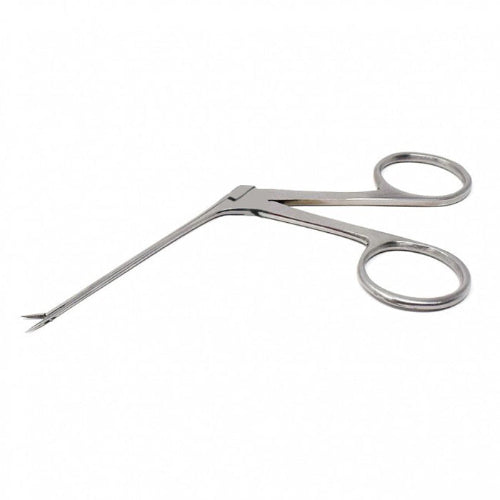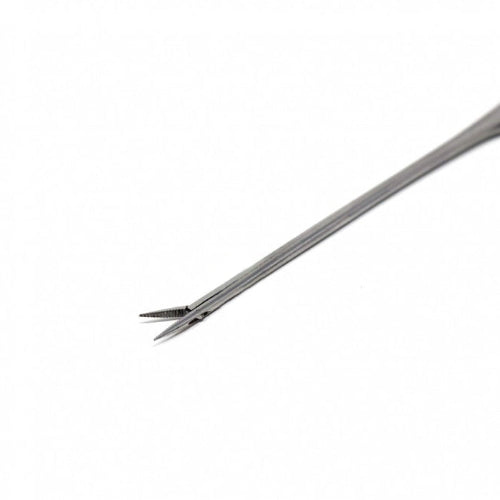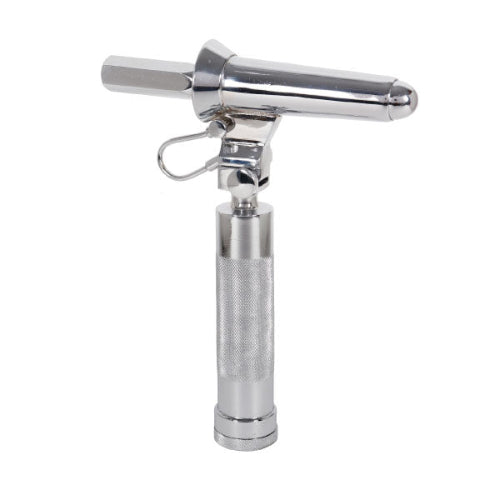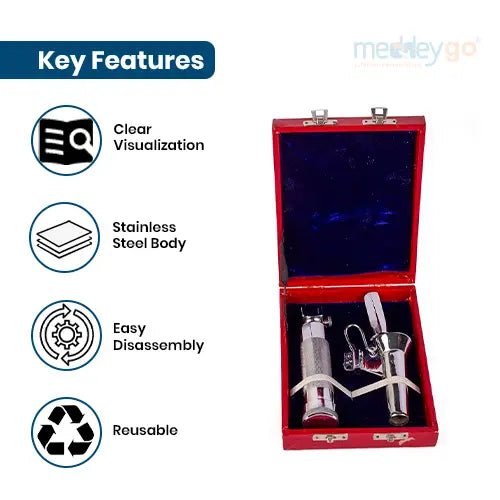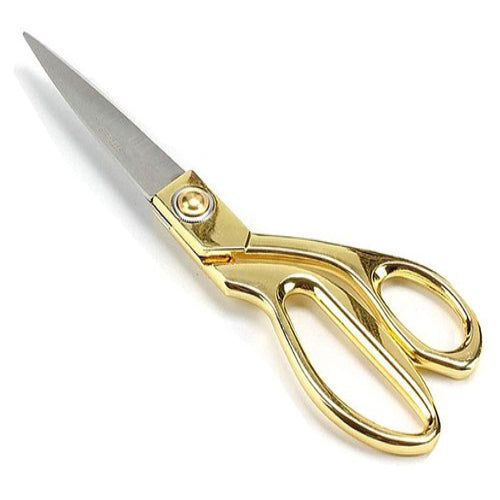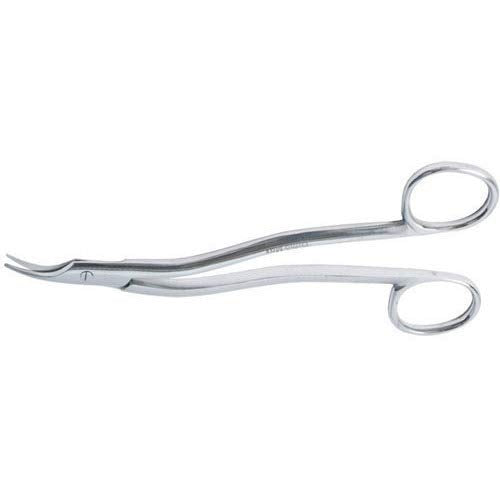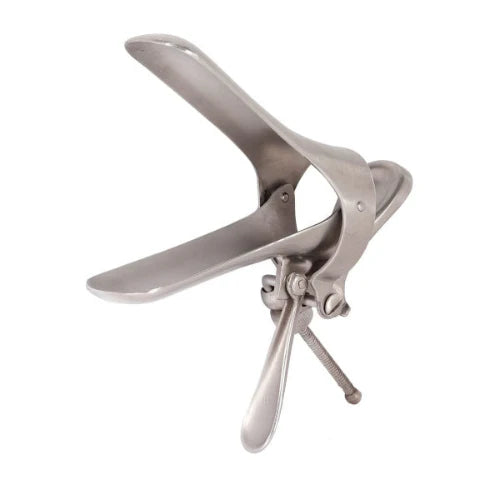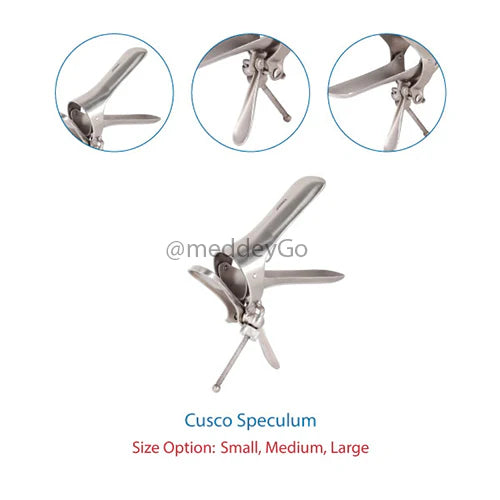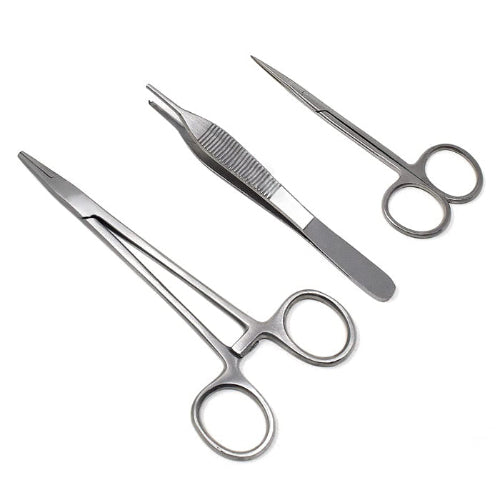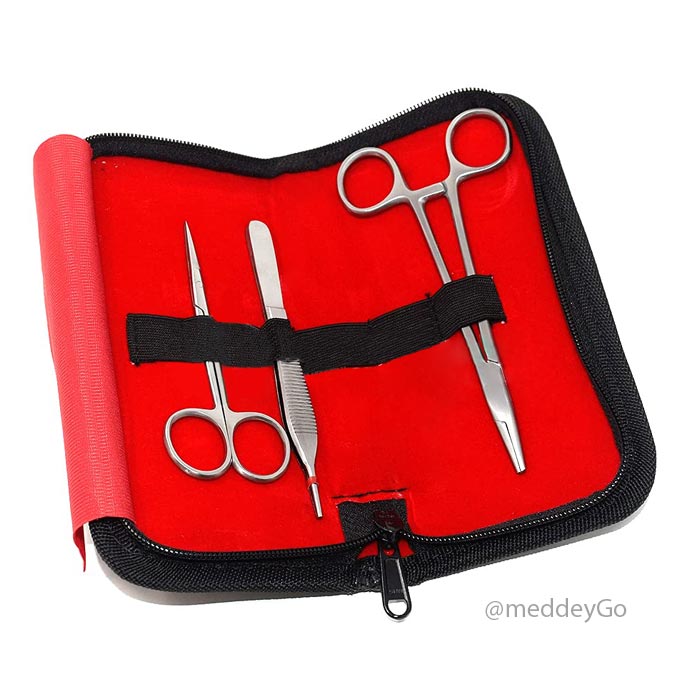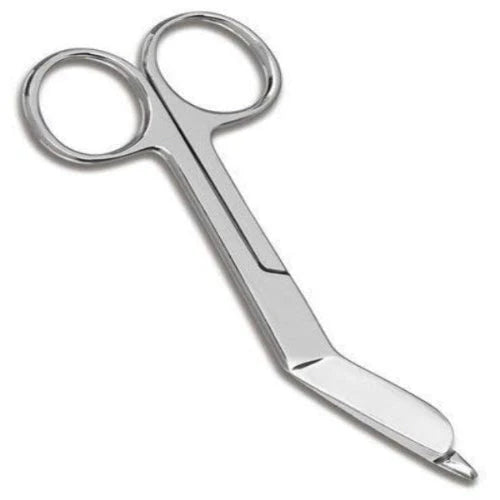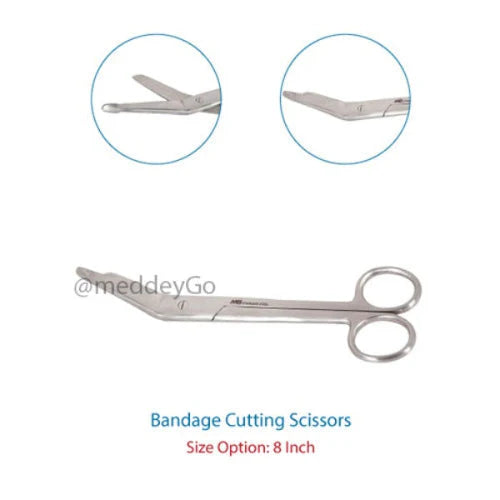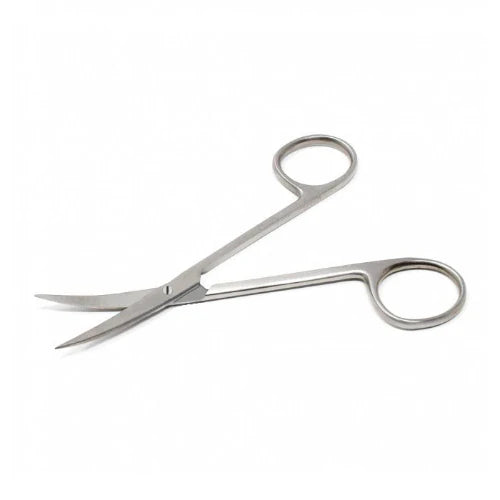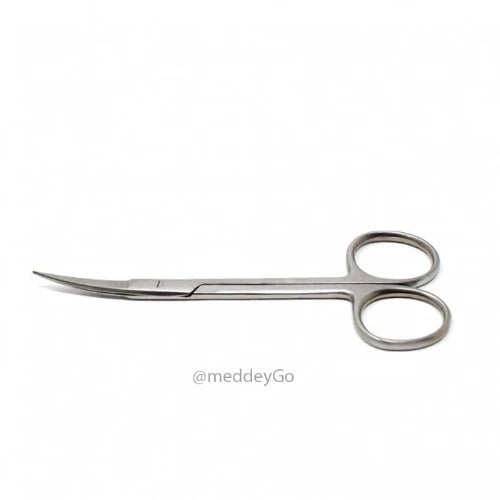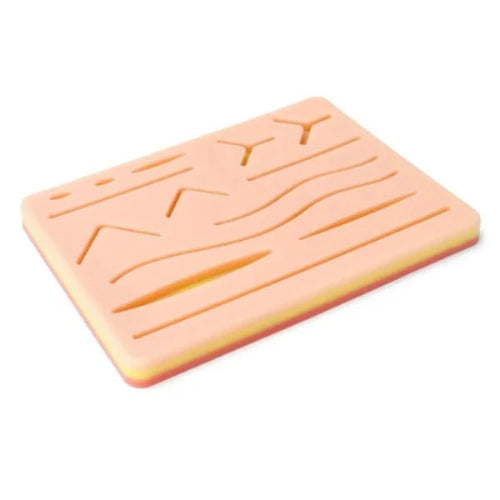Filter
293 products
Type: Instruments
Complete Suture Practice Kit for Medical Students
Type: General Instruments
Hartmann Alligator Ear Forceps
Type: General Instruments
Proctoscope with Light Source
Type: General Instruments
Scissors Straight Tailor (GOLDEN HANDLE)
Type: General Instruments
Suture Cutting Scissor 6 inch
Type: Instruments
Cusco Speculum Delux Quality
Type: General Instruments
Suturing Instrument Set (Set of 3 Basic Instruments)
Type: Instruments
Anal Dilator Combo Size 4, 5 and 6
Type: Instruments
Ear Wax Removal Hook (Pack of 4)
Type: Instruments
Bandage and Plaster Cutting Scissor 7.5 Inch
Type: General Instruments
Molt Periosteal Elevator (Pack of 4)
Type: Instrument
Cuticle Scissors (Curved)
Type: General Instruments
ENT Instrument Kit (Set of 12)
Type: Surgical
Suture Practice Pad with 14 Pre Cuts
Type: Instruments
Plaster Cutter Manual Surgical Instrument
Collection:
Instruments
Instruments
Find quality instruments for hospitals and clinics. Our surgical instruments ensure precision, safety, and compliance, improving patient outcomes.
Who It's For
Clinicians, surgeons, and surgical teams rely on these for daily procedures and patient care. Additionally, hospital administrators, purchasing staff, and biomedical engineers benefit from having a curated selection of certified, high-quality tools in one place. Medical educators and students can use realistic instrument sets to practice and train effectively. Furthermore, these instruments are versatile enough for settings of any size, from small clinics to large hospitals. Essentially, if you work in a clinical setting or manage medical supplies, our instruments collection supports your needs.
Key Benefits
- Streamlines procurement – consolidates instrument sourcing so ordering is faster.
- Reduces costs – bulk purchasing and no middlemen consequently lower overall expenses.
- Ensures compliance and hygiene – products meet ISO/CDSCO standards and are fully autoclavable, thereby reducing infection risk.
- Improves efficiency – ready-to-use kits and fast delivery prevent delays, thereby boosting workflow.
- Offers flexibility – multiple payment options (COD, EMI) so hospitals can manage budgets easily.
- Provides support – extended warranties and training resources ensure help is available when needed.
- Saves space – compact instrument kits free up valuable storage, thus optimizing operating-room capacity.
- Improves versatility – broad instrument range covers multiple specialties, so you find everything in one place.
Product Mapping
Product |
Use Case |
Key Parameters |
Warranty |
Installation/Training |
EMI/COD |
Consumables |
|---|---|---|---|---|---|---|
Minor Surgery Instrument Kit (24 pcs) |
OPD and minor OR procedures including incision, suturing, and dressing | SS304/316; 24 pcs: scalpel handle #3, Mayo/Iris scissors, tissue/dressing forceps, mosquito/artery forceps, needle holder, small retractors | 6 months against manufacturing defects | No installation; follow standard OR asepsis; quick-start video available | EMI on orders > ₹5,000; COD in select PIN codes | Scalpel blades #10/#11, sutures, gauze, sterilization pouches |
Suturing Instrument Set (10 pcs) |
Wound closure in ER/OPD and postoperative stitch removal | Needle holder 6", Adson toothed forceps, Mayo scissors, scalpel handle #3, mosquito clamps, stitch scissors, tray | 6 months against manufacturing defects | No installation; use per suturing protocol; includes care leaflet | COD available; EMI applicable on bundled orders | Sutures, blades, antiseptic solution, disposable drapes |
ENT Diagnostic & Procedure Set (12 pcs) |
Ear, nose, and throat examination plus minor OPD procedures | Nasal speculum, ear speculum set, Tilley forceps, dressing forceps, laryngeal mirror with handle, tongue depressor, probe | 6 months against manufacturing defects | No installation; follow ENT clinic protocol; cleaning guide included | COD yes; EMI usually not required | Sterilization pouches; optional disposable speculum tips |
Gynecology D&C Instrument Set (8 pcs) |
Dilation and curettage; minor gynecological procedures | Uterine sound, Sims speculum, vulsellum/tenaculum, Hegar dilators, curettes, sponge holding forceps | 6 months against manufacturing defects | Professional training recommended; no installation needed | EMI available for higher-value kits; COD select PINs | Swabs, drapes, sterilization consumables |
Dressing & Debridement Set (6 pcs) |
Wound cleaning, debridement, and dressing changes | Iris scissors, toothed and dressing forceps, probe, scalpel handle, kidney tray | 6 months against manufacturing defects | No installation; nurse-led protocol; includes reprocessing checklist | COD yes; EMI not applicable | Scalpel blades, dressings, saline, disposal bags |
Orthopedic Basic Instrument Set (Starter) |
Minor orthopedic procedures and preparation for reductions/splinting | Bone holding forceps, reduction forceps, malleable retractor, periosteal elevator, pliers, basic retractors | 6 months against manufacturing defects | Specialist training recommended; no installation required | EMI available; COD coverage varies by location | Sterile drapes, sutures, bandages, sterilization pouches |
General Examination Instruments Kit |
Routine clinical examination and minor procedures in OPD | Penlight, reflex hammer, tuning fork set, tongue depressor handle, dressing forceps, scissors | 6 months against manufacturing defects | No installation; use per clinic protocol; includes care instructions | COD available; EMI not needed for most orders | AA batteries (for penlight), sterilization wipes/pouches |
Features & Specs:
Core Features
- Firstly, instruments use SS304/SS316 surgical steel, so they stay strong and rust-resistant.
- Moreover, sets are autoclavable at 121–134°C; they also support approved low-temp methods.
- Additionally, ergonomic grips reduce hand fatigue and improve control during long cases.
- Next, burr-free edges and smooth joints allow gentle tissue handling and easy cleaning.
- Furthermore, laser-etched sizes and IDs help stock tracking and quick tray assembly.
- Finally, batch-wise QC under ISO 13485 delivers steady, case-to-case performance.
Technical Specs
- Materials: SS304/SS316L per ISO 7153-1 / ASTM F899; passivated, polished finish.
- Hardness: cutting edges ~48–54 HRC; clamps and forceps ~40–48 HRC.
- Sizes: blade #10/#11/#15; forceps 10–20 cm; scissors 14–18 cm, as needed.
- Sterilization: steam 121–134°C; also EtO or H₂O₂ plasma where IFU permits.
- Reusability: reusable after validated cleaning; however, blades are often single-use.
- Packaging: tray or cassette; moreover, sterile pouches for pre-sterilized items.
- Compliance: made under ISO 13485; CE marking/MDR and CDSCO registration where applicable.
- Traceability: batch/lot marks or UDI (when provided); additionally, barcodes aid inventory.
How to Use — Step by Step
- First, choose the right instruments kit for the planned case.
- Next, check every item; ensure it is intact, clean, and sterile.
- Then, lay out the instruments on a sterile tray in order of use.
- Meanwhile, wear gloves and PPE, and prep the patient and site as per protocol.
- After that, use each instrument only for its intended task.
- Additionally, pass and hold instruments with aseptic technique at all times.
- Immediately, put sharps like needles and blades in a safe container.
- Afterwards, place used, reusable instruments back in closed trays for reprocessing.
- Finally, inspect for damage or wear; keep a spare set ready to avoid delays.
Safety & Care
Proper care keeps instruments safe and reliable. After each use, clean them right away with mild detergent and a soft brush. Then, rinse well and dry fully. Next, sterilize in a steam sterilizer (autoclave) at the recommended setting. Additionally, store dry instruments in closed trays or pouches to prevent rust. If any item is worn or bent, replace it at once. Therefore, these steps lower infection risk and help your instruments last longer.
Checklist for Safety & Maintenance
- Before use: check for cracks, rust, or loose joints.
- Cleaning: use mild or enzymatic detergent; avoid harsh chemicals.
- Sterilize: follow set points (121–134°C) or approved chemical method.
- Store: keep dry, closed, and dust-free; label sets by use.
- Backups: keep spare sets ready; retire faulty tools quickly.
Pricing & Value
Instrument kits can cost more at the start; however, over three years they often save money. Because instruments are manual, they use no power and need only routine cleaning and sterilizing. So, the main costs are rare repairs and a few replacements. Moreover, strong, well-made instruments cut waste and reduce downtime. For example, a 10-piece kit around ₹3,000 can serve for years if cared for. Consequently, total cost of ownership stays low. Finally, compare not just price but also warranty, spares, and support—these factors protect your budget and your schedule.
Procurement Checklist
- Purpose Fit: Ensure instruments suit your procedures (right type, size, and functionality).
- Material Quality: Confirm surgical-grade stainless steel or appropriate disposable materials for durability.
- Ergonomics: Check handle design, weight, and grip for user comfort during long procedures.
- Sterilizability: Verify instruments withstand autoclaving or required sterilization methods.
- Completeness: Confirm the kit includes all needed components (e.g. forceps, scissors, trays).
- Certifications: Look for ISO, CE markings or CDSCO registration to ensure compliance with standards.
- Warranty & Support: Inquire about warranty length, spare parts, and after-sales service options.
- Supplier Reputation: Choose suppliers (like MeddeyGo) known for quality control and reliable delivery.
- Backup Instruments: Plan for extra sets to avoid delays during reprocessing or maintenance.
Integration & Data Flow
Physical instruments are typically tracked via hospital inventory systems. For example, instrument trays may have barcodes or RFID tags to record each use. The system should match instrument set IDs to patient records and timestamps for accurate traceability. All system clocks must be synchronized to avoid data mismatches. If a scan fails, staff should follow retry or manual logging procedures to record usage. This ensures instrument usage and sterilization history are reliably documented.
FAQs:
What exactly are medical instruments?
Medical instruments are tools and devices used by healthcare professionals to diagnose, treat, or monitor patients. They include surgical scissors, forceps, clamps, scopes, and other precision instruments designed to meet clinical needs.
Who uses these instruments?
Doctors, surgeons, nurses, and other medical staff use these surgical products during examinations, surgeries, and treatments in hospitals and clinics.
Do these instruments meet safety standards?
Yes. Where stated on each product page, instruments are made under ISO 13485. Many also carry CE marking and/or CDSCO registration in India. Moreover, each batch passes internal QC before dispatch. For the exact certificate and scope, please check the product page.
Can the instruments be reused?
Usually, yes. Most stainless-steel instruments are reusable after proper cleaning and sterilization. Additionally, follow the IFU for approved methods (steam sterilizer/autoclave at 121–134°C, or EtO/H₂O₂ where allowed). However, single-use parts like blades or tips must be discarded after one use.
What payment options are available?
You can pay by UPI, credit/debit card, and net banking. Moreover, EMI is available on higher-value orders where supported. Additionally, Cash on Delivery is offered in select PIN codes; availability will show at checkout.
Is training provided for instrument use?
Basic usage instructions may be provided with each kit. However, healthcare professionals are expected to use surgical products according to standard medical training. Complex devices may come with manuals or videos.
How should I care for and clean these instruments?
After each use, clean instruments with mild (enzymatic) detergents and soft brushes, then sterilize them (e.g. in an autoclave). Dry fully and store in a clean, dry tray. Proper care prevents corrosion and infections.
What warranty comes with these instruments?
Warranty varies by product. Most reusable surgical products carry limited or no formal warranty (reliability is inherent), but we will replace any items found defective at purchase under our support policy. Check product details for specifics.
Can I order in bulk for my hospital?
Yes. MeddeyGo handles bulk orders for clinics and hospitals. You can request a bulk quote through the website or contact our sales team for special pricing.
What documents are provided with the instruments?
Instruments may include a user manual or brochure. Certification documents (CE, ISO) and Instructions-for-Use (IFU) can be provided by request or downloaded from our site.
How fast is delivery of these instruments?
We dispatch most orders within 24–48 hours. Delivery times vary by location but are typically 2–5 business days across India.
Who is the manufacturer of this product?
Meddey Technologies Pvt Ltd, C-75, First Floor, DDA Sheds, Industrial Area, Phase 1, Okhla, New Delhi – 110020. Phone: +91 8586-012345. Country of Origin: India.

